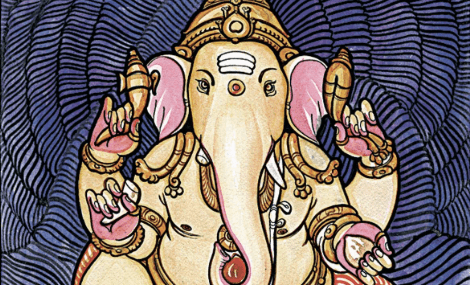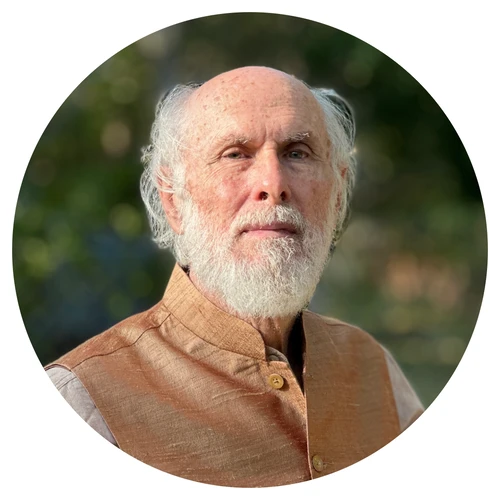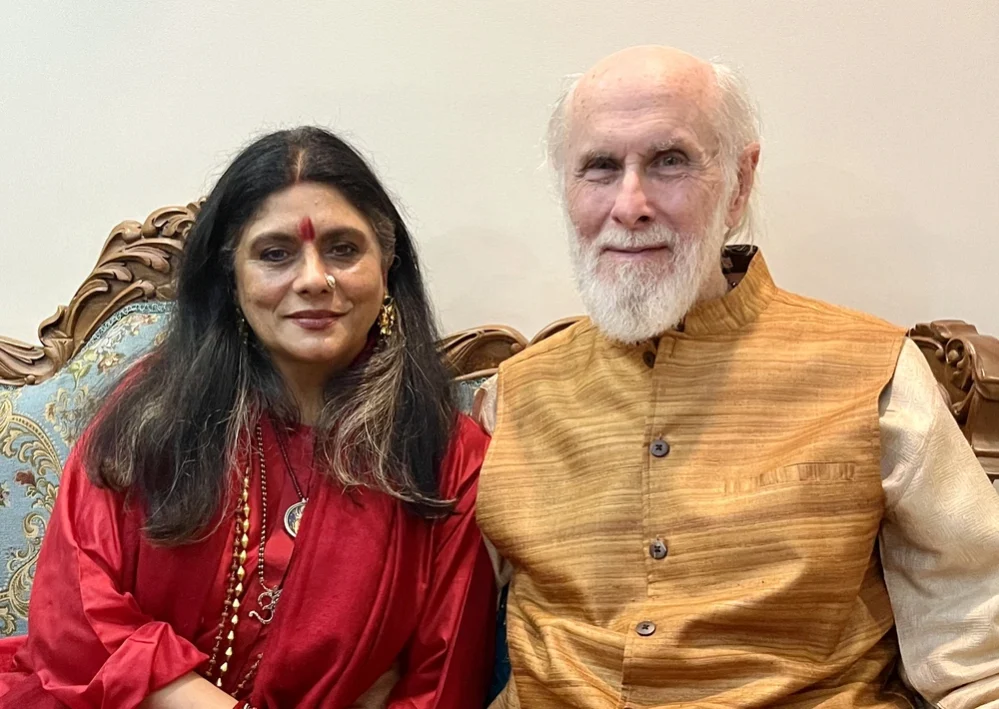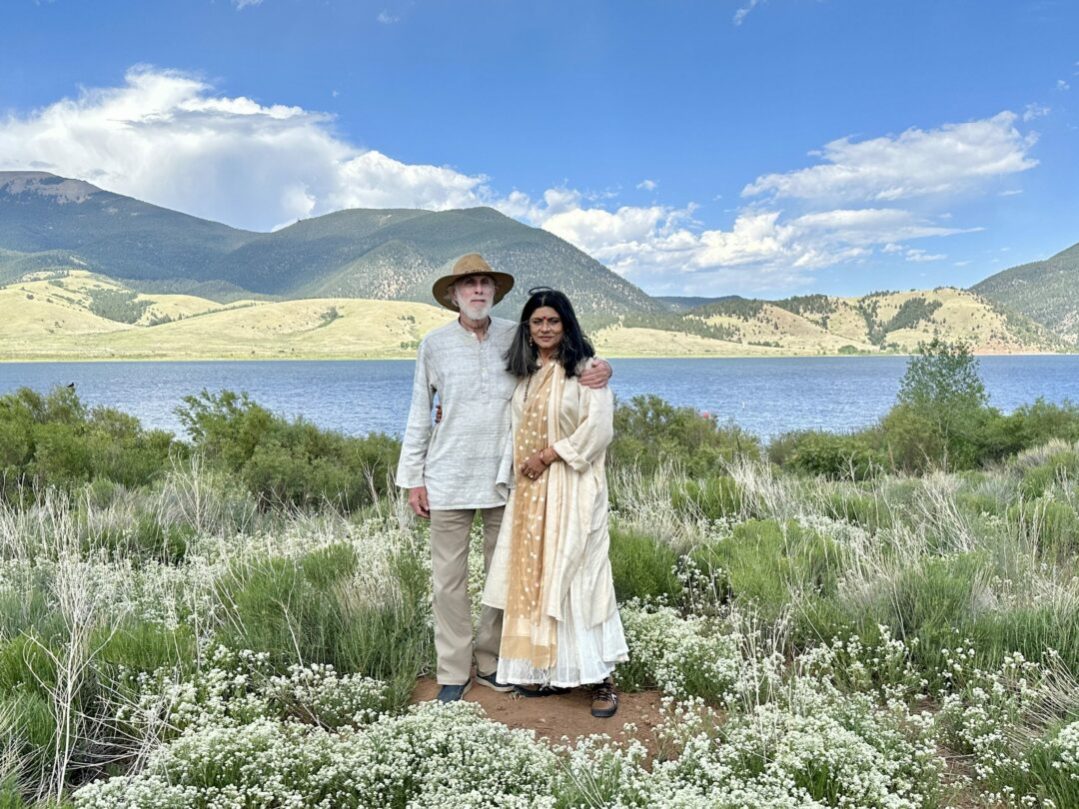

This course explores the profound yogic understanding of mind and consciousness rooted in the Vedic tradition, with a focus on the Yoga Sutras of Patanjali and their connection to Vedantic knowledge. It reveals the deeper teachings of Raja Yoga, not limited to asana, but as a path to inner awareness, Self-realization, and freedom from psychological suffering.
Yoga psychology, as presented here, is not simply a system of mental health but a science of consciousness developed by the ancient Rishis. It forms the foundation of Vedic psychology and Vedic counseling, offering timeless insights into the transformation of the mind. Drawing on decades of Sanskrit study, from the Rigveda to the Yoga and Vedanta Shastras, Dr. Frawley guides students through essential teachings that reveal the true nature of the mind and how to move beyond it.
The course also includes the Ayurvedic perspective on the mind and explores key ideas from Ayurvedic psychology. Together, these teachings present a complete approach to inner healing and higher awareness. With an open mind and heart, you are invited to contemplate each lesson and discover how Yoga can return you to your inner Seer, the silent witness beyond thought.
All you need to do is listen to the course with an open mind and heart, memorize and contemplate its main teachings one by one, and see how Yoga, which takes us back to our inner Seer and witness, enables us to understand and transcend the outer mind and senses, which is the essence of yogic meditation.
This course is for students of Yoga, Ayurveda, and Vedanta seeking a deeper understanding of the mind and its transformation through yogic principles. With a focus on the Yoga Sutras and Vedic psychology, it reveals how to transcend mental suffering and realize the inner Self.
It includes 2 hours of video teachings from Dr. David Frawley, offering rare insight into the spiritual psychology of Yoga based on decades of Sanskrit study and the broader Vedic tradition.
In the Introduction to the course here, we will also provide additional background information on Yoga Psychology, so please read it carefully.
Yoga is rooted in a transcendent view of the universe, grounded in consciousness that is self-aware, eternal, and beyond sorrow. Unlike modern biology-based views of intelligence, the Vedic science of consciousness sees awareness as an all-pervasive reality present in every aspect of nature. This foundational insight shapes the yogic understanding of mind, Self, and the cosmos.
According to the Yoga Sutras, Yoga unfolds in two main stages: first, calming and purifying the mind; second, returning to the Self beyond the mind. This requires the cultivation of sattvic buddhi, the pure and discerning intelligence that reflects our deeper Self. This higher intelligence forms the basis of psychological health in Yoga, Ayurveda, and Vedanta, preparing us for Self-realization and a life rooted in dharma.
Yoga psychology, particularly through the lens of Raja Yoga and Vedantic knowledge, is not equivalent to modern Western psychology. While Western systems focus on mental health and social adjustment, Yoga psychology aims to relieve sorrow and agitation at their root by revealing the inner Self. This is a psychology of transcendence and inner space, connected to the infinite consciousness within all beings.
In texts like the Bhagavad Gita and the Yoga Sutras, traditional Yoga is a path of Self-realization, not self-improvement. The true Self (Atman or Purusha) is beyond body, mind, and thought. This Self is the immortal seer behind all experience. Yogic knowledge is known as Atman-Vidya or Adhyatma, the knowledge of the Self, which can only be approached through turning the mind within.
While the body plays a role in aiding concentration and inner stillness, traditional Yoga does not treat it as a primary focus. Asanas are preparatory. Yoga seeks to transcend the physical and mental for a reality grounded in pure consciousness. The ultimate peace, happiness, and bliss—Ananda—are found not through the body or emotions, but through the experience of unitary awareness.
Yoga teachings address disturbed, dull, and distracted mental states to guide us toward a higher awareness. While techniques such as mantra, breathwork, or self-inquiry are helpful, they are only support tools. True meditation is a natural, unified state of awareness beyond method. Yogic meditation is a personal and inward journey, not a group ritual or mechanical practice. This course provides a direct path to that Self-awareness and encourages students to realize their own higher consciousness.

Dr. David Frawley (Pandit Vamadeva Shastri) is one of the world’s most respected teachers of Vedic knowledge. His work bridges classical Yoga, Ayurveda, Vedanta, and Vedic psychology, offering rare insights into the inner dimensions of the mind and the path to Self-realization. Through decades of Sanskrit study and immersion in the teachings of the Rishis, he brings the authentic depth of Yoga psychology into a modern, practical format.
This course draws from Dr. Frawley’s original study of the Yoga Sutras of Patanjali, Vedantic philosophy, and the broader field of Vedic counseling. His exploration of the sattvic mind, witnessing consciousness, and the transformative power of meditation reflects a lifelong commitment to reviving the spiritual essence of Yoga beyond posture and performance.
He has received numerous prestigious honors from India for his contributions to Yoga and Vedic education:
Padma Bhushan (2015, one of India’s highest civilian awards)
Doctor of Letters (D.Litt) from S-VYASA University
Bharat Vidya Bhavan Award for Vedic Education
Dr. Frawley’s teachings have guided thousands of students across the world and remain rooted in the timeless vision of the Vedic sages.
Sign up now to access two hours of powerful video teachings from Dr. David Frawley – exploring the Yogic view of the mind, the path of Self-realization, and the psychology of higher consciousness rooted in the Yoga Sutras and Vedantic thought.
Discover how true meditation and sattvic awareness can guide you beyond mental suffering into the stillness of your inner Self.
Unlock Ancient Wisdom
Important Pages
join our mailing list to learn about new events, articles and courses

Live Webinar with Dr. David Frawley

WITH DR. DAVID FRAWLEY

